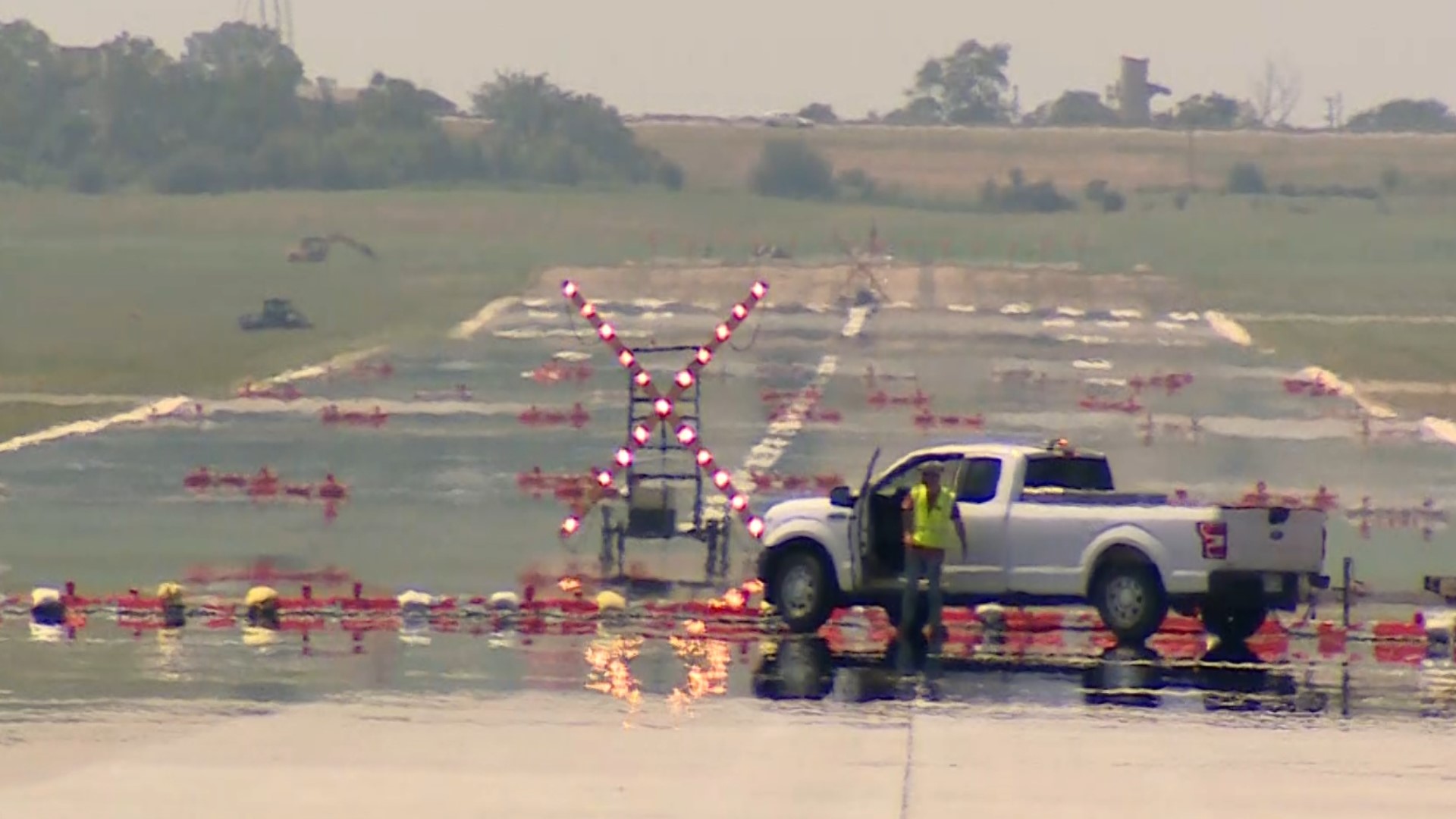ARKANSAS, USA — As temperatures continue to rise, so does the risk of serious medical issues due to the heat.
Central EMS in Fayetteville says they’ve responded to 25 heat-related calls this month, and medical professionals say these temperatures can be life-threatening.
Dr. Hugh Jackson, the emergency department director for Mercy says heat-related illnesses can sneak up on you.
“I think a lot of it has to do with an underappreciation, sometimes, of just how hot it is,” Dr. Jackson said.
He says getting too hot can have serious consequences.
Heat stroke is defined as a core body temperature greater than 104 degrees, and it can be life-threatening.
Dr. Jackson says there are signs to watch for before it gets to that point.
“Much more commonly we'll see heat cramps or heat exhaustion,” Jackson said. “Oftentimes, heat exhaustion can occur because of salt and water lost during activities.”
Symptoms of heat exhaustion include a high body temperature, dizziness, headache, nausea, and vomiting.
Emergency responders say when it comes to beating the heat, a little preparation goes a long way.
Becky Stewart, director of operations for Pafford Medical Services in Northwest Arkansas says they’re taking the heat seriously.
“During this heat index emergency, all heat-related illnesses will be responded to with lights and sirens across the company,” Stewart said.
Pafford is also planning ahead for Friday Night Football games in triple-digit temperatures— Stewart says they're prepared for a heat index of 110 when high school games kick off on Friday evening, and down on the turf field, it will be even hotter.
"It can be very, very hot down there on the field. It can also be hot for the spectators who are sitting in the stands, who happen to be the ones unfortunate enough to be in the sun. So we're doing company-wide preparations to make sure that we're keeping our players and our spectators safe, as well as our providers, EMTs, and paramedics," Stewart said.
Those preparations include making sure all vehicles are stocked with water and ice and having personnel ready to recognize symptoms of heat illness and rapidly cool players if needed.
She says the best thing you can do to protect yourself in the heat is to hydrate and plan ahead.
“Drink a lot of water before you plan to go out in the heat, while you're in the heat, and afterward. Think about being in the shade, having a place to go if you do get hot,” Stewart said.
Watch 5NEWS on YouTube.
Download the 5NEWS app on your smartphone:
Stream 5NEWS 24/7 on the 5+ app: How to watch the 5+ app on your streaming device
To report a typo or grammatical error, please email KFSMDigitalTeam@tegna.com and detail which story you're referring to.

